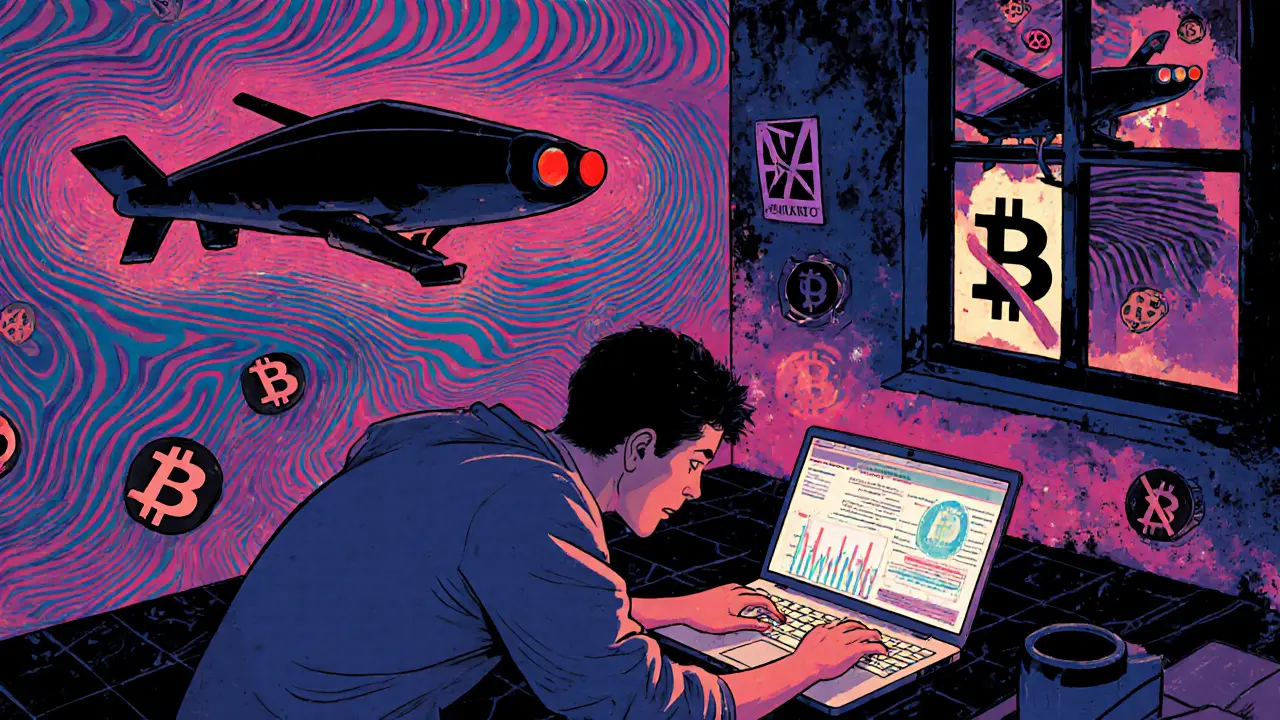Crypto Exchange Algeria: What You Can and Can't Do in 2025
When it comes to crypto exchange Algeria, a financial platform where users buy, sell, or trade digital currencies within Algeria. Also known as cryptocurrency trading platform Algeria, it's not just about technology—it's about legality, access, and survival in a market with strict controls. Unlike countries where crypto is openly embraced, Algeria has banned all cryptocurrency transactions since 2017. The ban isn’t just a warning—it’s enforced. Banks, payment processors, and telecom providers are required to block any activity tied to Bitcoin, Ethereum, or any other digital asset. This means no local exchange can legally operate, and no international exchange can legally serve Algerian residents without risking penalties.
So what does this mean for someone in Algiers or Oran who wants to trade crypto? It means you’re on your own. There are no licensed crypto regulation Algeria, the official legal framework governing digital asset use in Algeria bodies overseeing platforms. No Bitcoin Algeria, the use or trading of Bitcoin within Algeria’s borders exchange exists under government approval. Even peer-to-peer (P2P) trading is risky. While some Algerians still use Binance, Paxful, or LocalBitcoins through VPNs, they do so without legal protection. If something goes wrong—your funds get frozen, a seller disappears, or your account gets flagged—you have no recourse. The central bank doesn’t recognize crypto as money, and courts won’t enforce crypto-related contracts.
And yet, demand hasn’t disappeared. With inflation rising and the Algerian dinar losing value, people still look for ways to protect savings. Some turn to gold or foreign currency. Others risk using crypto. But here’s the catch: every platform that claims to serve Algeria is either a scam, a shell, or a trap. You won’t find a real crypto legality Algeria, the actual legal status of cryptocurrency under Algerian law exception—no tax exemptions, no licensing pathway, no gray area. Even importing hardware wallets or buying crypto abroad and bringing it home carries risk. Authorities monitor imports, and customs can seize devices if they suspect crypto activity.
What’s interesting is that while crypto trading is banned, tokenized real-world assets—like property or bonds represented on blockchain—are not explicitly mentioned in the law. That’s a loophole some businesses are watching closely. But for now, if you’re in Algeria and you want to use a crypto exchange Algeria, you’re choosing between silence and risk. There’s no safe, legal, or easy way. The posts below dive into what’s happening on the ground: how Algerians bypass restrictions, which exchanges they secretly use, what scams to avoid, and how neighboring countries like Tunisia or Morocco are becoming unofficial gateways. You won’t find a government-approved platform here. But you will find the truth about what’s really going on—and how to stay safe if you choose to participate anyway.
How Algerians Access Cryptocurrency Exchanges Under the 2025 Ban
Algeria's 2025 crypto ban makes all cryptocurrency activity illegal, with prison and fines for users. Learn how citizens still access crypto despite the risks, why the government banned it, and what it means for the country's future.
